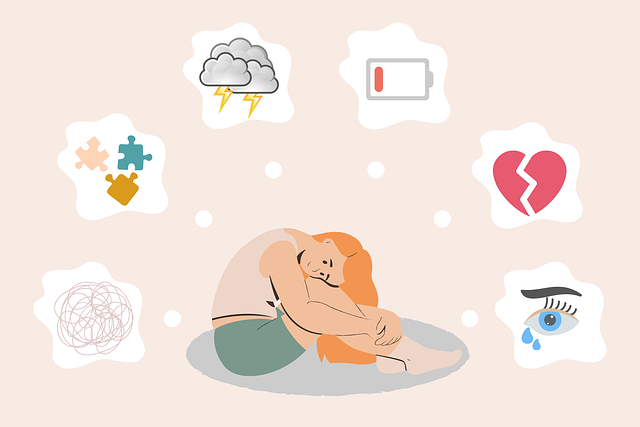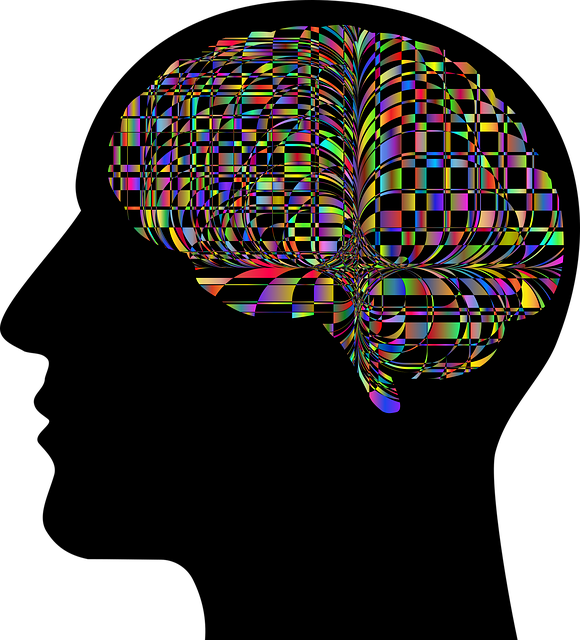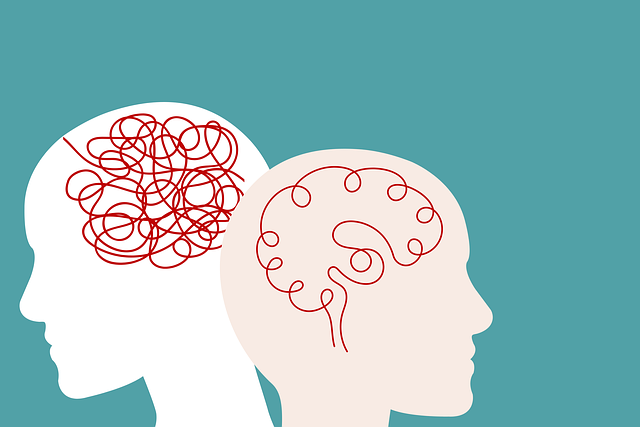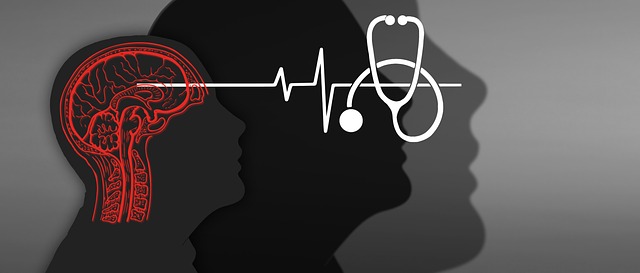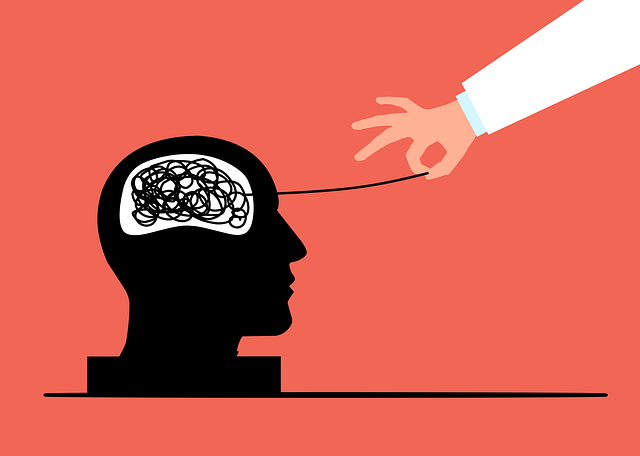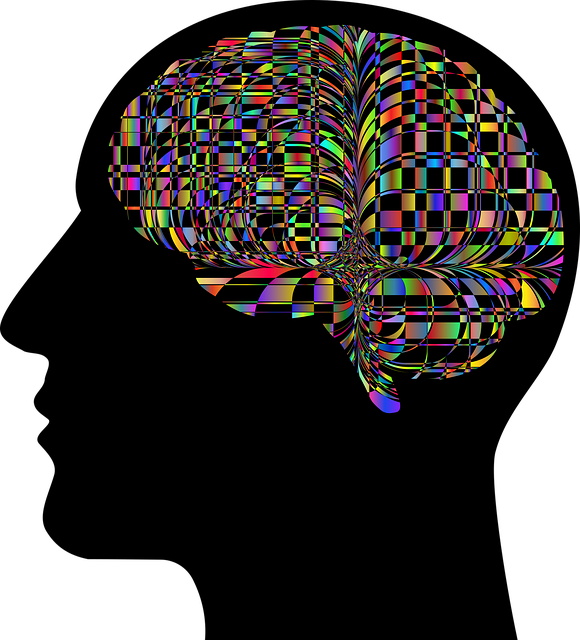Emotional Intelligence (EI) is a multifaceted tool that promotes healthy relationships, academic success, and career advancement across generations. For elders, therapy tailored to their needs addresses cultural sensitivities in mental healthcare, especially in stoic societies where emotional expression is discouraged. Mindfulness meditation and journaling exercises enhance EI for all ages, from adolescents to elders, aiding identity formation and mental wellness. CBT and public awareness campaigns are effective strategies for building EI in adolescents, fostering emotional literacy, empathy, and resilience. Consistent practice of self-awareness through reflection, active listening, mindfulness, and therapy sessions is crucial for developing and maintaining EI throughout life, with tailored therapy for elders, teens, and adolescents providing significant benefits to personal relationships and mental health.
Emotional intelligence (EI) is a powerful tool for navigating life’s complexities, especially as we traverse generations. This article delves into the multifaceted world of EI, exploring its profound impact across age groups, from elders facing challenges in emotional expression to adolescents and teenagers seeking strategies for growth. We discuss the role of therapy tailored for elders, present practical tips for daily application, and emphasize sustained emotional development. By addressing these aspects, we aim to equip folks with the skills to thrive in today’s dynamic world.
- Understanding Emotional Intelligence and Its Impact Across Generations
- Uncovering Challenges in Emotional Expression for Elders
- Strategies to Enhance EI in Adolescents and Teenagers
- The Role of Therapy in Developing Emotional Intelligence
- Practical Tips for Daily Application and Sustaining Emotional Growth
Understanding Emotional Intelligence and Its Impact Across Generations

Emotional intelligence (EI) is a multifaceted concept that involves recognizing, understanding, managing, and leveraging one’s own emotions as well as those of others. It transcends mere emotional awareness; it encompasses empathy, self-regulation, and effective communication. The impact of EI cuts across generations, influencing interpersonal relationships, academic performance, and career success in both adolescents and adults, including therapy for elders.
Across generations, cultural sensitivity in mental healthcare practice has become increasingly important as societies become more diverse. This is where tools like mindfulness meditation and mental wellness journaling exercises can play a significant role. Activities such as journaling encourage individuals to reflect on their emotions, fostering self-awareness and emotional regulation skills. For adolescents and teens, these practices can help navigate the tumultuous period of identity formation and social development. Similarly, elders can benefit from them in maintaining mental wellness amidst life changes and transitions.
Uncovering Challenges in Emotional Expression for Elders

Many elders struggle with expressing their emotions openly, often due to societal norms and generational expectations that emphasized stoicism and self-reliance. This challenge is particularly prominent in communities where discussing feelings is not typically encouraged, leading to a buildup of unspoken emotions that can impact overall well-being. Unconscious barriers such as fear of judgment or the belief that expressing vulnerability is a sign of weakness hinder open emotional dialogue, both within personal relationships and during therapy sessions.
Therapy for elders plays a pivotal role in uncovering these challenges by creating safe spaces for expression. Incorporating Mind Over Matter principles can empower individuals to develop inner strength and cultivate positive thinking patterns. Through tailored therapeutic approaches, elders can learn coping mechanisms that transform their relationship with emotions, enabling them to navigate life’s complexities with enhanced emotional intelligence.
Strategies to Enhance EI in Adolescents and Teenagers

Building emotional intelligence (EI) during adolescence is a crucial period for personal growth and future success. There are several effective strategies to enhance EI in this demographic, which can be facilitated both at home and in educational settings. One of the primary methods is through therapy specifically designed for adolescents and teenagers. Cognitive-behavioral therapy (CBT), for instance, helps young individuals identify and manage their emotions by teaching them cognitive restructuring techniques and improving their problem-solving skills. This type of therapy encourages self-reflection, emotional awareness, and effective coping strategies.
Additionally, public awareness campaigns play a significant role in promoting EI development. These campaigns can educate both adolescents and their parents or caregivers about the importance of emotional literacy, empathy, and resilience. Communication strategies, such as active listening and open dialogue, should be encouraged within families and schools. Even healthcare providers can contribute by incorporating cultural competency training into their practices, ensuring they understand and address the unique emotional needs of diverse adolescent populations.
The Role of Therapy in Developing Emotional Intelligence

Therapy plays a pivotal role in cultivating emotional intelligence across all age groups, including elders, adolescents, and teens. Through structured guidance, individuals can learn to identify, understand, and manage their emotions effectively. This process involves exploring past experiences, processing complex feelings, and developing coping strategies that promote mental wellness. Professional therapists offer specialized mental wellness journal exercises and mind over matter principles tailored to each client’s unique needs, fostering a deeper sense of self-awareness and emotional well-being.
For adolescents and teens, therapy can be instrumental in navigating the challenges of growing up. It provides a safe space for them to express their emotions, work through peer relationships, and develop healthy emotional regulation techniques. By integrating emotional well-being promotion techniques, therapy equips young individuals with essential life skills that will serve them well into adulthood, enhancing their ability to thrive in various aspects of life.
Practical Tips for Daily Application and Sustaining Emotional Growth

Building emotional intelligence is a journey that requires consistent practice and dedication. For adults, adolescents, and teens alike, integrating these strategies into daily routines can foster significant growth. Start by cultivating self-awareness; take time each day to reflect on your emotions, identifying triggers and understanding their impact. This practice, often enhanced through journaling or therapy sessions tailored for elders, adolescents, and teens, enables better regulation.
Additionally, focus on active listening during interactions. Truly hear the emotions expressed by others and validate them, strengthening connections and fostering empathy. Engaging in regular mindfulness exercises, such as meditation or deep breathing, further aids in stress reduction methods, crucial for maintaining emotional balance. These practices, integrated into daily life, not only enhance personal relationships but also serve as valuable risk management planning tools for mental health professionals, contributing to the development of public awareness campaigns around mental health.
Emotional intelligence, a vital skill across generations, presents unique challenges for elders expressing emotions, adolescents navigating turbulent times, and teenagers forging their identities. However, with strategies tailored to each group—from therapy for elders to practical tips for teens—emotional growth can be fostered and sustained. By understanding the impact of emotional intelligence and implementing effective strategies, individuals can enhance self-awareness, empathy, and resilience, ultimately enriching their lives and relationships. Targeted interventions for adolescents and teenagers, coupled with therapeutic support for elders, are key to building a more emotionally intelligent society.

